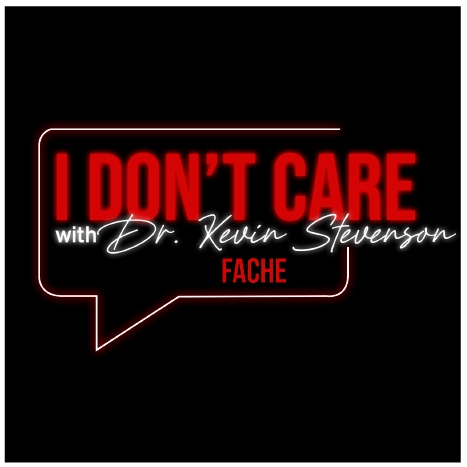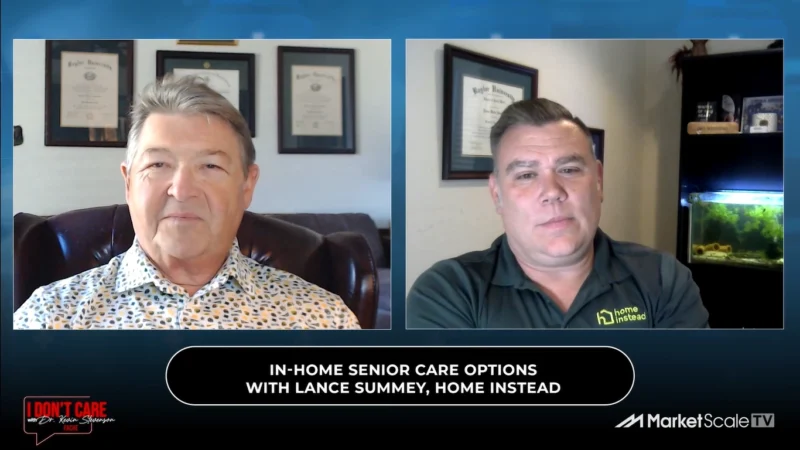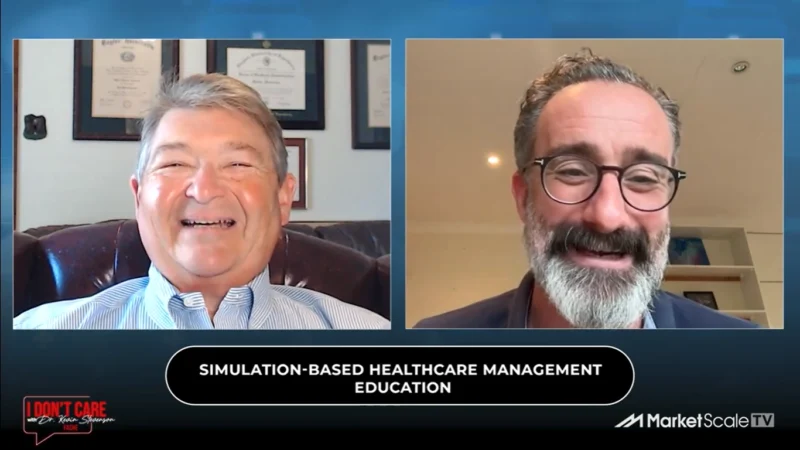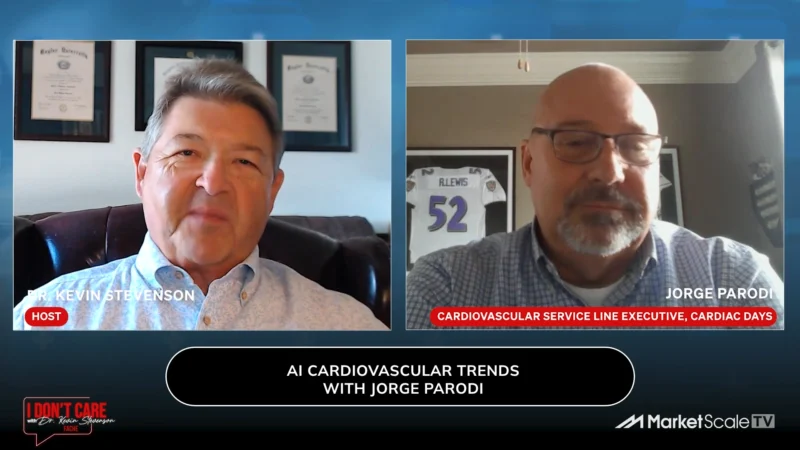The Future of Sleep Apnea Treatment: Vivos’ Oral Appliance Technology Offers an Alternative to CPAP
Obstructive sleep apnea affects a whopping 30 million Americans, yet millions remain undiagnosed or abandon CPAP therapy due to its discomfort and inconvenience. Recent innovations in oral appliance therapy, however, are opening up new possibilities for patients seeking safe, effective, and lasting solutions. With sleep apnea linked to virtually every chronic disease—from heart disease to diabetes—the stakes couldn’t be higher.
So, what if there were a way to actually remodel the airway and reduce dependence on CPAP altogether? Could a non-surgical, dental-based approach reshape the future of sleep apnea treatment?
Welcome to I Don’t Care. In the latest episode, host Dr. Kevin Stevenson speaks with R. Kirk Huntsman, Chairman and CEO of Vivos Therapeutics. Together, they explore how airway remodeling through oral appliances may offer patients an alternative to CPAP, why craniofacial development is so central to sleep disorders, and how innovations in treatment are changing lives across the country.
In this episode, you’ll learn:
-
How Vivos Therapeutics’ oral appliance technology works by repositioning and redeveloping the jaws to create wider, more functional airways.
-
Why environmental, genetic, and lifestyle factors have led to narrower airways in modern populations—and how this contributes to the rise of sleep apnea.
-
What patients can expect in terms of treatment timelines, insurance coverage, and long-term outcomes, including reducing or eliminating dependence on CPAP.
R. Kirk Huntsman is a seasoned healthcare entrepreneur with over 35 years of experience founding and leading companies in dental practice management, medical devices, and healthcare services. He built and scaled Dental One, Inc. into a $70M business before its sale, and later co-led the merger that created DentalOne Partners, operating over 150 practices nationwide. Currently Chairman and CEO of Vivos Therapeutics, he focuses on strategic growth, capital acquisition, and innovative technologies to advance treatment for sleep and airway disorders.
Article written by MarketScale.




